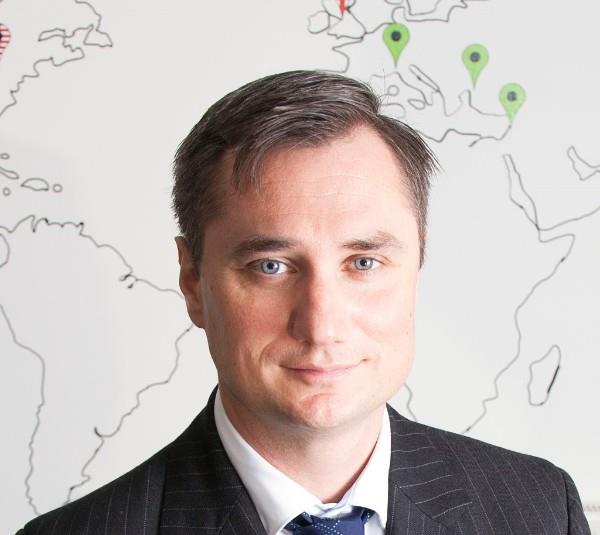And Dr Phil Carroll, the founder and CEO of LPW Technology, developer, processor and supplier of metal powders and software solutions for the additive manufacturing (AM) industry, has been appointed as chair of MAPP’s industrial advisory board.
One of eight research hubs exploring and improving new manufacturing techniques, MAPP will focus on supporting the UK's manufacturing base to capitalise on the opportunities that powder processes, including AM, have to offer, translating advancing technologies into practical solutions for industries such as aerospace, energy and biomedical.
Dr Carroll delivered a presentation on LPW's vison at MAPP's official launch event at Sheffield University. He says: “LPW’s commitment to the research and development of AM solutions from the perspective of the metal powder directly complements MAPP’s vision to deliver new powder-based manufacturing processes that will provide low-energy, low cost and low waste manufacturing routes and products for industry. We’re excited to be contributing to a forward-looking project that has the potential to transform our manufacturing base.”
MAPP will work with academic, commercial and innovation partners to drive the research needed to address the challenges limiting the development and uptake of powder-based processes.

Dr Phill Caroll
At the launch event, presentations from MAPP’s academic partners highlighted how research is providing new insights on advanced powder processes and how this new understanding is leading to improved outcomes for UK manufacturing.
MAPP director and RAEng chair professor Iain Todd gave an overview of MAPP’s vision and how MAPP aims to address the challenges and opportunities surrounding advanced powder processes through an ambitious interdisciplinary research programme. He said: “It’s an exciting time for powder based processes with new opportunities opening up rapidly in a range of key sectors including aerospace, energy, automotive and healthcare. However, there are still some fundamental scientific issues to be addressed before these technologies can be adopted more widely. MAPP brings together leading UK researchers, industry and the High Value Manufacturing Catapult to achieve right first time manufacturing for advanced powder processes and develop the next generation of manufacturing technologies.”
Professor Peter Lee, from the University of Manchester and the Research Complex at Harwell, spoke about how experiments at the UK’s Diamond Light Source are providing new information on the fundamental physics and chemistry of technologies such as additive layer manufacturing. Professor Andrew Bayly, from the University of Leeds, discussed how physical models can give a better understanding of the dynamic behaviour of powders in processes and some of the challenges associated with powder processing.
Dr Alison Wagland, technology manager at Johnson Matthey, spoke about the use of powders in the production of catalysts for emission control and batteries for energy storage. Dr Rob Sharman, Global Head of Additive Manufacturing at GKN Aerospace, highlighted the opportunities for metal additive manufacturing in aerospace and the need to design new materials and powders which were tailored specifically for these new processes. Dr Phil Carroll spoke about the need to understand manufacturing from the perspective of the powder and the need for quality, traceability and consistency of powder materials.










